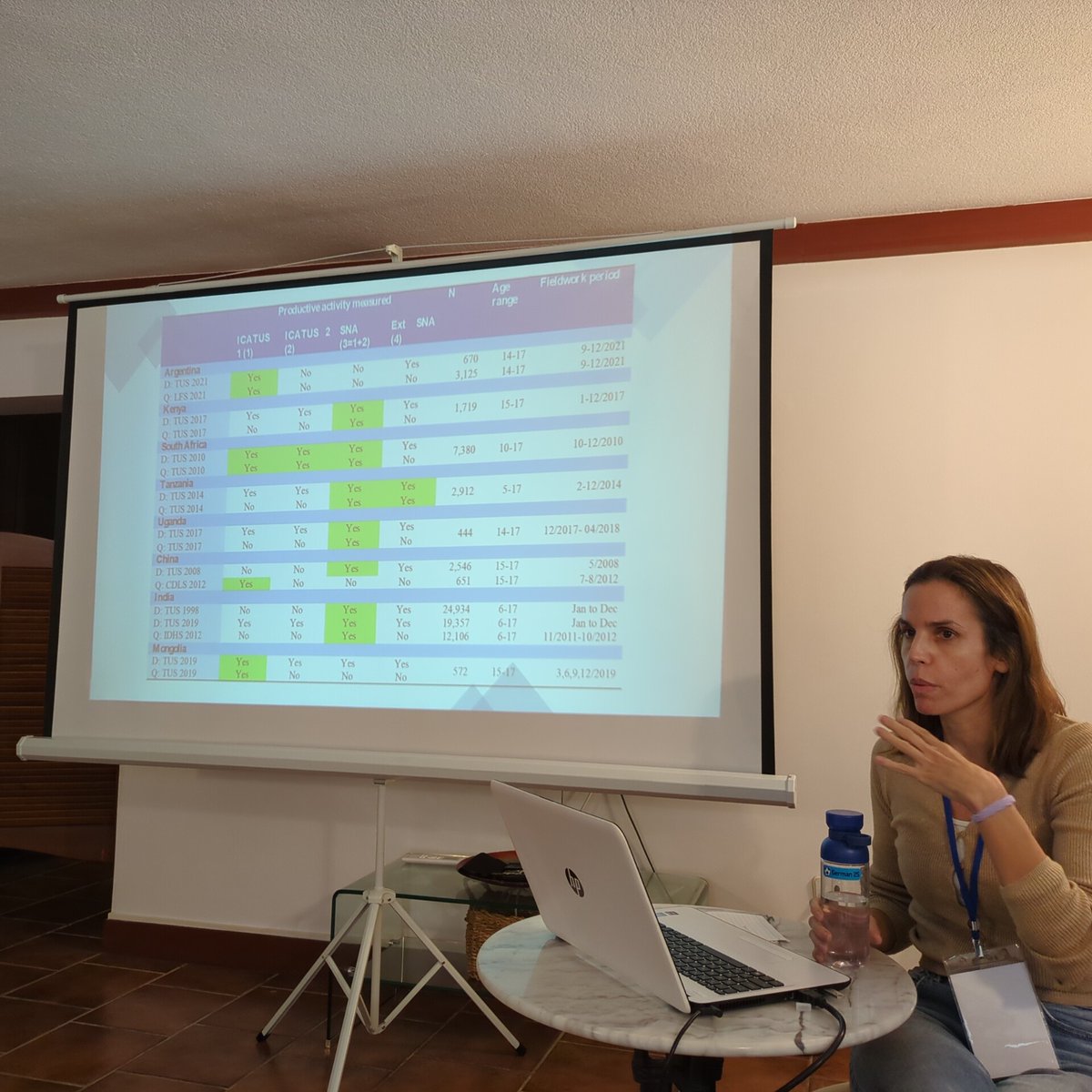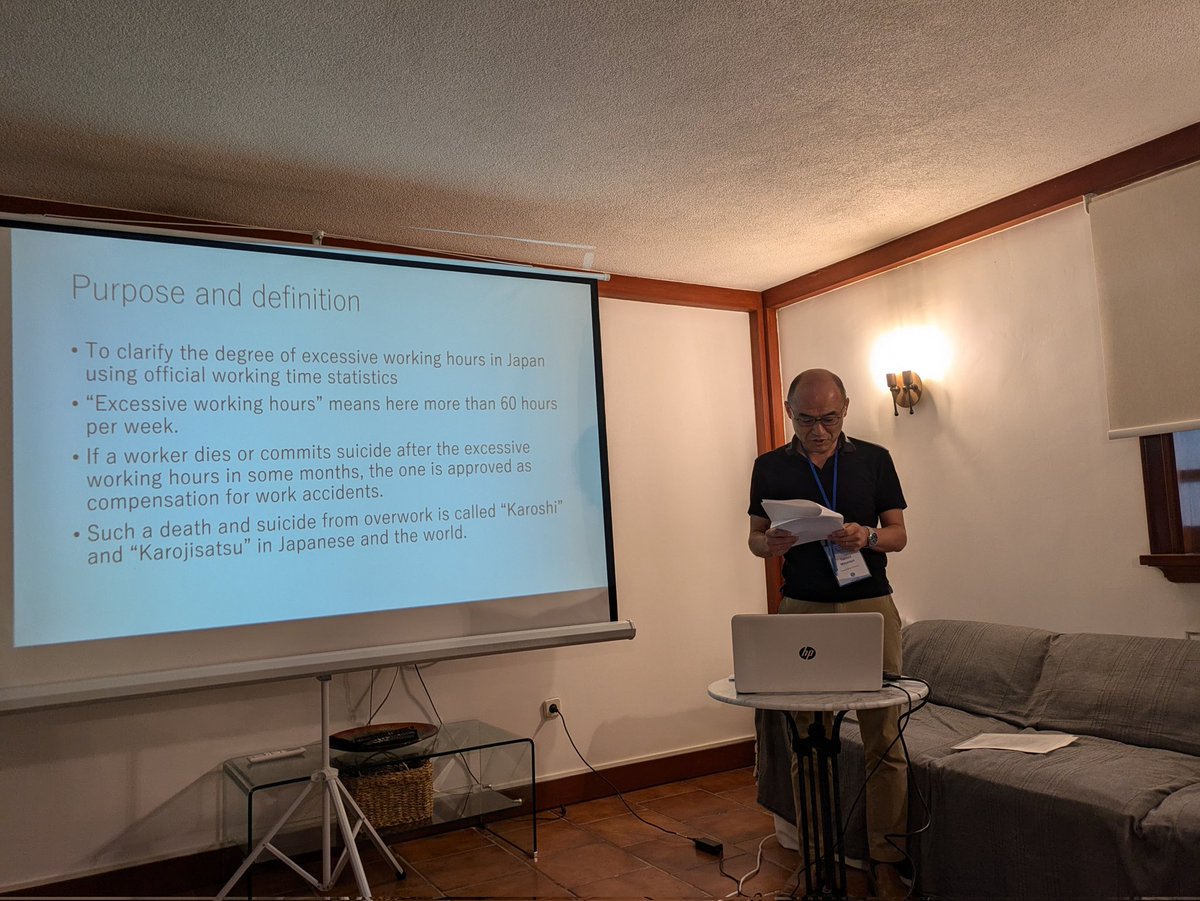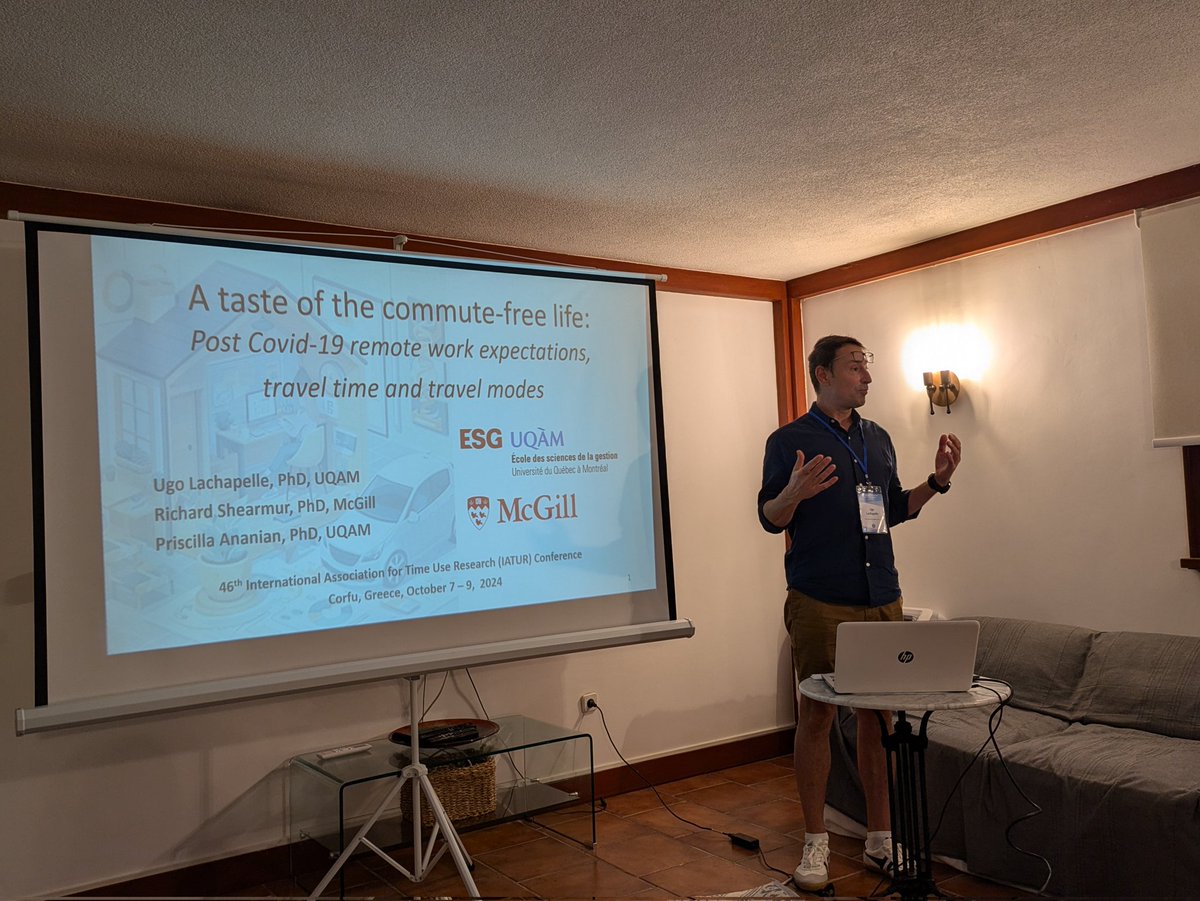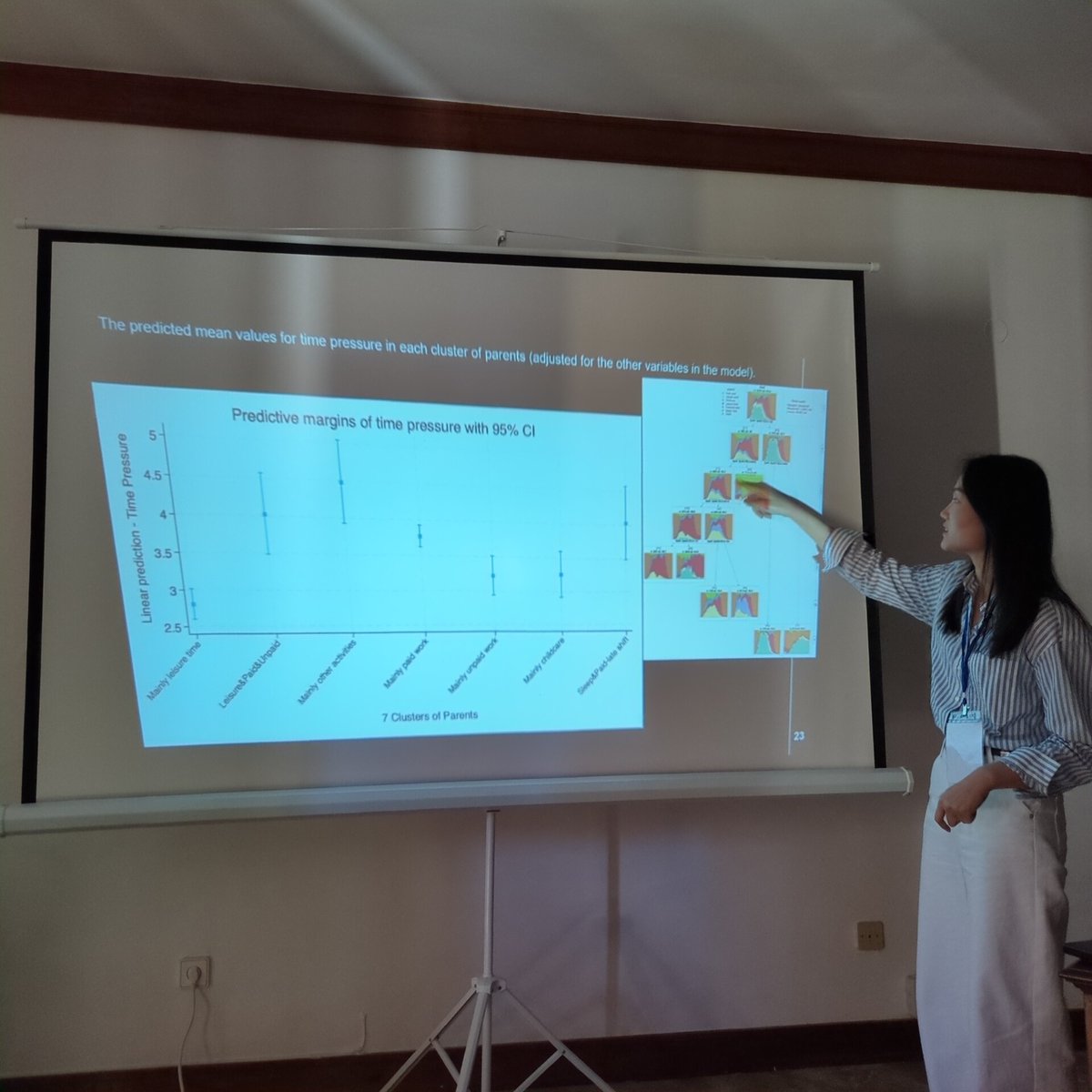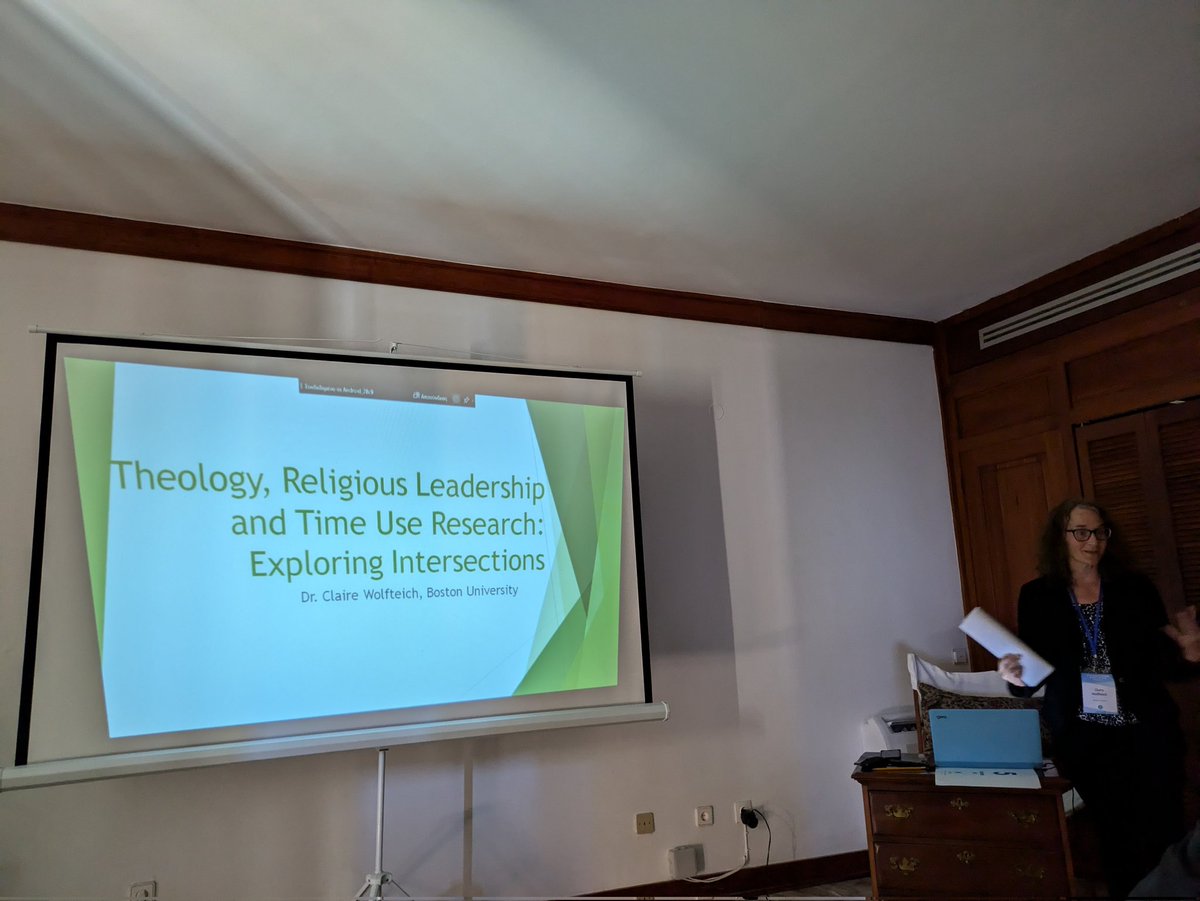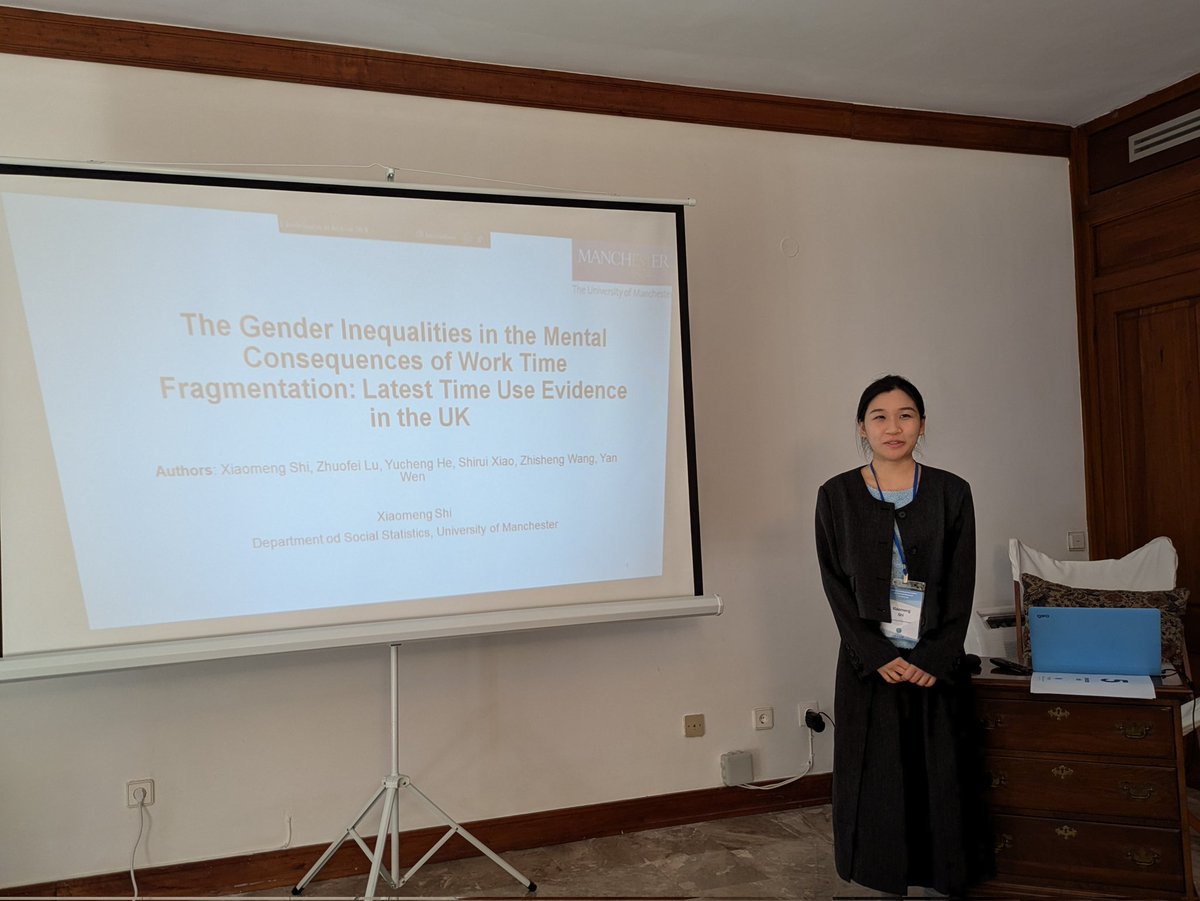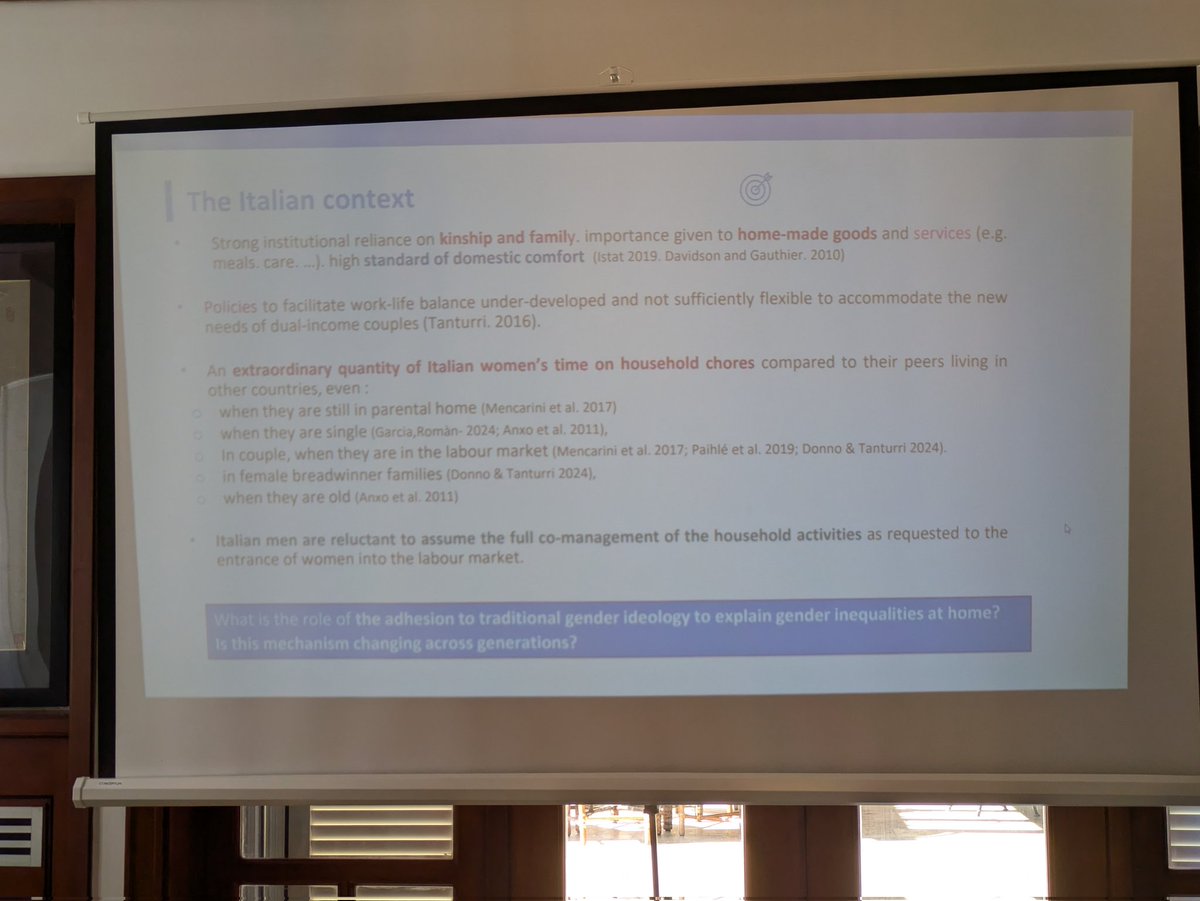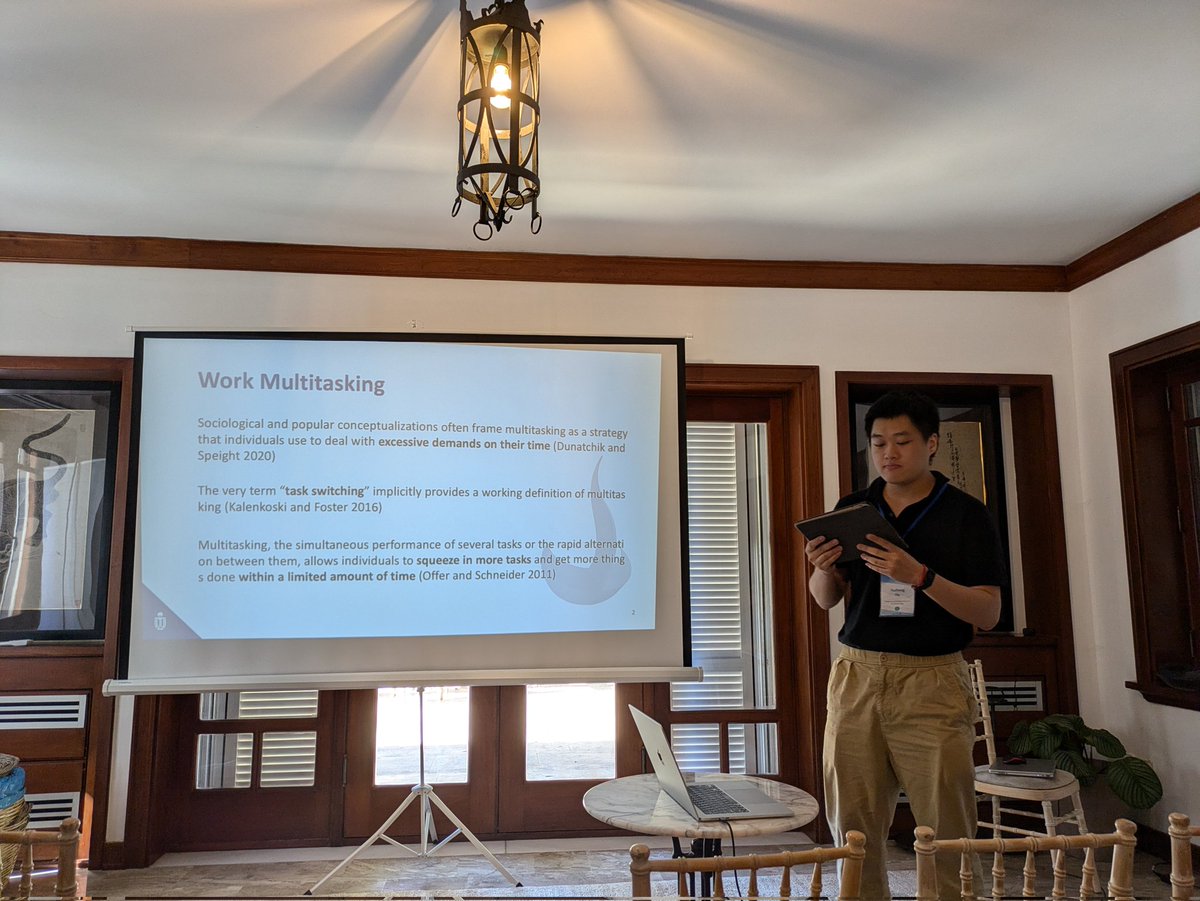
Grace Chang
@gczching
Followers
608
Following
2K
Media
194
Statuses
1K
Researcher interested in youth, time use, skills and inequality. Postdoc researcher at Uni of Oxford, Sociology on the GenTime project
Oxford, England
Joined September 2016
Our GenTime crew: @manyeekan @ZhuofeiLu & @henglong_luo have a strand on ♀️♂️Gendered time use inequalities and 💭Gender Ideologies at #BSPS2025 @bspsUK this year! Short abstract, 250 words, 5pm, 09 May! @SociologyOxford.
lse.ac.uk
The British Society for Population Studies holds an annual conference in a different venue each September.
0
3
7
Incredible conference in a beautiful place! Met lots of brilliant and friendly people working on time use - looking forward to keeping in touch! Conference was brilliantly organised 🥳.
The 46th IATUR Conference in Corfu, Greece, was a great success! 🎉. Here’s a wonderful group picture capturing the spirit of collaboration and research. Join us in reflecting on the #timeuse research! 🌍✨ #IATUR2024 #timeuseresearch
1
0
11
Stella: TUD can help analyse social division from disabilities. Differing schedules to the average. Main UK divisions for disabled are ⬇️ paid work & ⬆️ leisure & leisure time *alone* (social isolation) - disabled men & routine social class severely isolated #IATUR2024
0
1
6
Sara on using time use data to assess climate policies using integrated assessment models. By plugging in work and leisure patterns (access to labour mkt) by type of households into the model -> energy intensities -> climate policies #IATUR2024
0
0
3
Boroka on how a new legislation that delayed children's school time start ⬆️ women's labour force participation in the US. Policy-relevant info in advocating synchronising times between schools and work #IATUR2024
0
0
5
RT @manyeekan: @gczching Grace Chang is presenting gender gaps in adolescents' time use in East Asian and Western societies in the last 3 d….
0
2
0
Juana shows how estimating children's work using time diaries are more accurate and that relying on stylised questions (even if designed well) underestimates the overall level of children's work #IATUR2024
1
1
5
Takeshi on excessively long work hours in Japan (higher than any industrialised country), in full-time and part-time work & concerns about suicide from overworking. 10-13% of male employees work 60+ hours a week, particularly those in transport & machine operation #IATUR2024
0
0
4
Ugo on how covid induced #WFH expectations: workers with longer pre-Covid commutes were more likely to expect to wfh in the future esp. for drivers & public transport users. Walkers least likely to desire more WFH #IATUR2024
0
0
2
My presentation on adolescent 🤸♀️♂️ gendered time inequalities in East Asian and Western societies today, after the plenary. Come check it out! #gender #IATUR2024 #timeuse @gentime_erc.
#IATUR2024 #timeuse conference has kicked off. @gentime_erc team is ready to present our research findings on #gender inequality! @SociologyOxford @ZhuofeiLu @gczching @henglong_luo
0
2
8
#IATUR2024 Day 1 in Corfu has been a blast! So well organized, met a bunch of great people and looking forward to more interesting presentations tomorrow!
0
1
16
Claire explores intersections betw religion & time use research through her grant. E.g. Could religious practices help reshape the idea/linearity of time? What are the time pressures for religious leaders? Availability towards the community? The role of immigration etc #IATUR2024
0
0
4
Xiaomeng: How does work fragmentation affect anxiety across gender in GB? ⬆️work fragmentation assoc with ⬇️ anxiety for both genders. This relationship is only partially mediated by subjective time pressure #IATUR2024
0
0
5
Maria: Italian couples division of labour by couples' diff in age. Women housework share > for older couples (similar age/ older male) vs younger aged couples. Adhesion of men's (rather than women's) traditional gender roles is the strongest mediator #IATUR2024
0
0
4
Yucheng: work multitasking & time pressure by gender in Covid-19 for British workers. Using SA to create clusters, he finds that female multitaskers have lower subjective time pressures than 'typical' workers, but pressures are higher for multitasking mothers #IATUR2024
1
1
5







